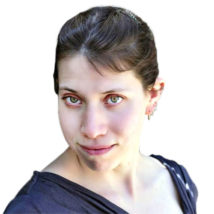
Bethany Brookshire was a longtime staff writer at Science News Explores and is the author of the book Pests: How Humans Create Animal Villains. She has a B.S. in biology and a B.A. in philosophy from The College of William and Mary, and a Ph.D. in physiology and pharmacology from Wake Forest University School of Medicine. She was a 2019-2020 Knight Science Journalism Fellow at MIT, the winner of the Society for Neuroscience Next Generation Award and the Three Quarks Daily Science Writing Award, among others.

All Stories by Bethany Brookshire
-
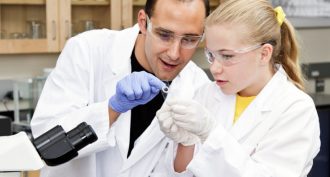 Science & Society
Science & SocietyExplainer: What is a mentor?
Mentor aren’t role models. Instead, they’re coaches who help and encourage students to achieve their particular goals.
-
 Science & Society
Science & SocietyFive tips for finding a great mentor
Who makes a good mentor will depend both on being able to meet a student’s needs and on building a truly nurturing relationship.
-
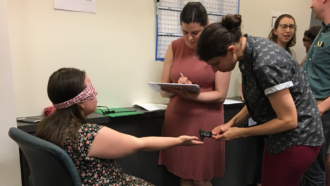 Humans
HumansTesting the power of touch
We pet dogs with our fingers, not our arms or backs. Our fingers are more sensitive to touch. But how do we know? Here's how you can test that.
-
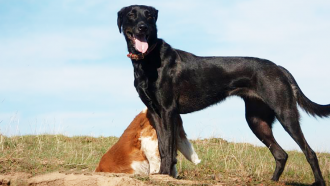 Genetics
GeneticsWhat we can — and can’t — learn from our pets’ DNA
Your dog or cat’s DNA is an open book. DNA tests tell people about their pet’s breed and attempt to predict things about its behavior and health.
-
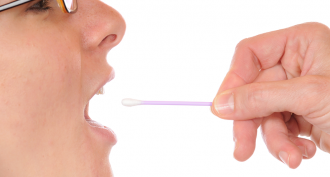 Genetics
GeneticsExplainer: How DNA testing works
Lots of companies will now test DNA from people and their pets. How do these gene-sequencing techniques work? We explain.
-
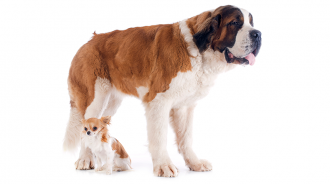 Genetics
GeneticsDNA testing looks into dog breeds and cat history
Dog and cat breeds can look very different from one another. How does it happen? Combinations of tiny genetic tweaks.
-
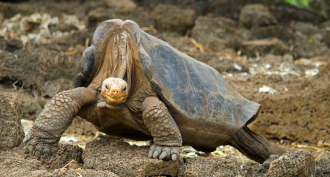 Animals
AnimalsScientists Say: Extinction
When the last member of a species dies, it’s gone forever. That species is extinct.
-
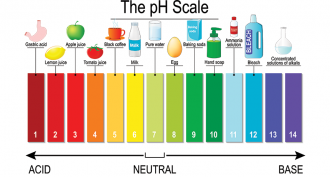 Chemistry
ChemistryScientists Say: pH
pH is a scale used to measure the acidity or alkalinity of a solution. The scale ranges from zero to 14, with seven as the perfect neutral middle.
-
 Health & Medicine
Health & MedicineCool Jobs: Soaking in sweat
These three scientists are using sweat to hunt killers, detect illness and find out just how our species became such hairless, perspiring apes.
-
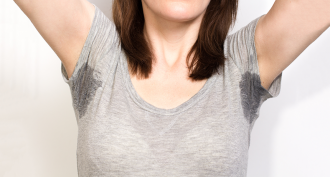 Chemistry
ChemistryExplainer: The bacteria behind your B.O.
Special glands in our armpits give us our signature stink. But it’s not our sweat that’s to blame. It’s the bacteria that gobble it up.
-
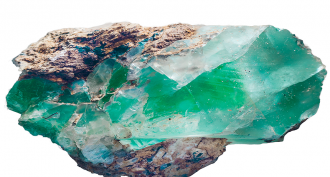
Scientists Say: Mineral
Minerals are chemical elements or compounds that form repeating crystal structures. Quartz is a mineral. Table salt is, too.
-
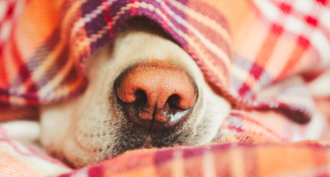 Health & Medicine
Health & MedicineScientists Say: Olfactory
Smell something? Thank your olfactory sense. Olfactory refers to anything having to do with smell.